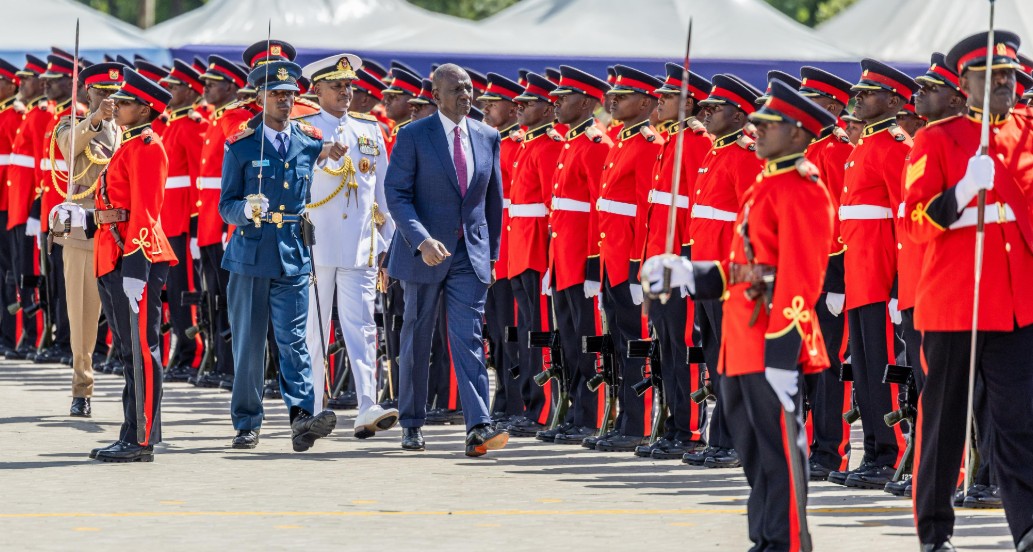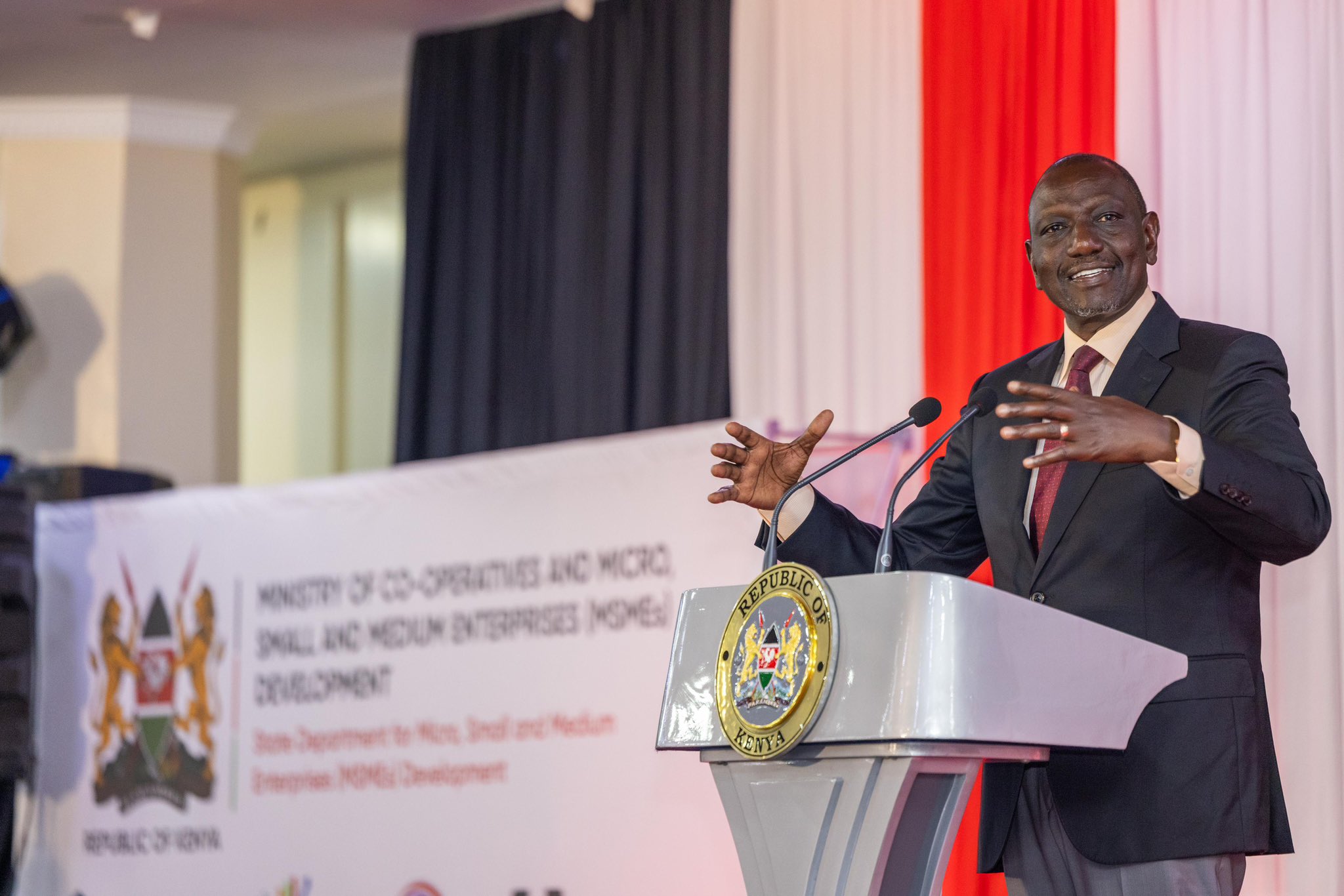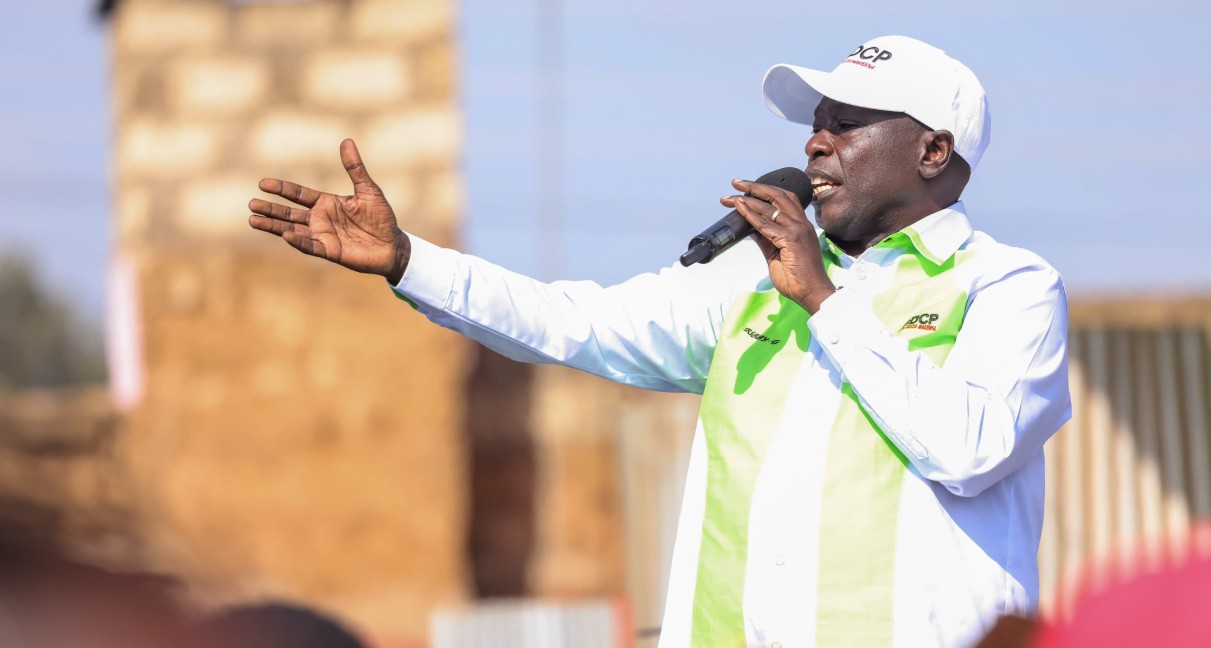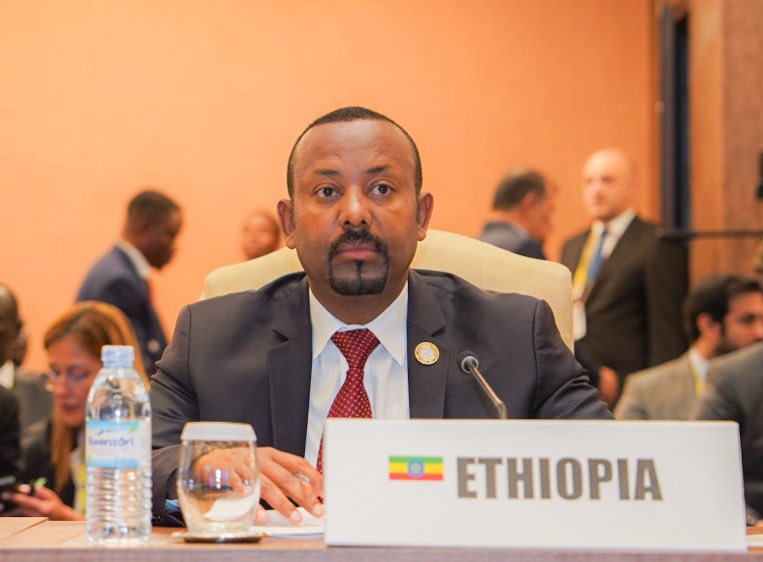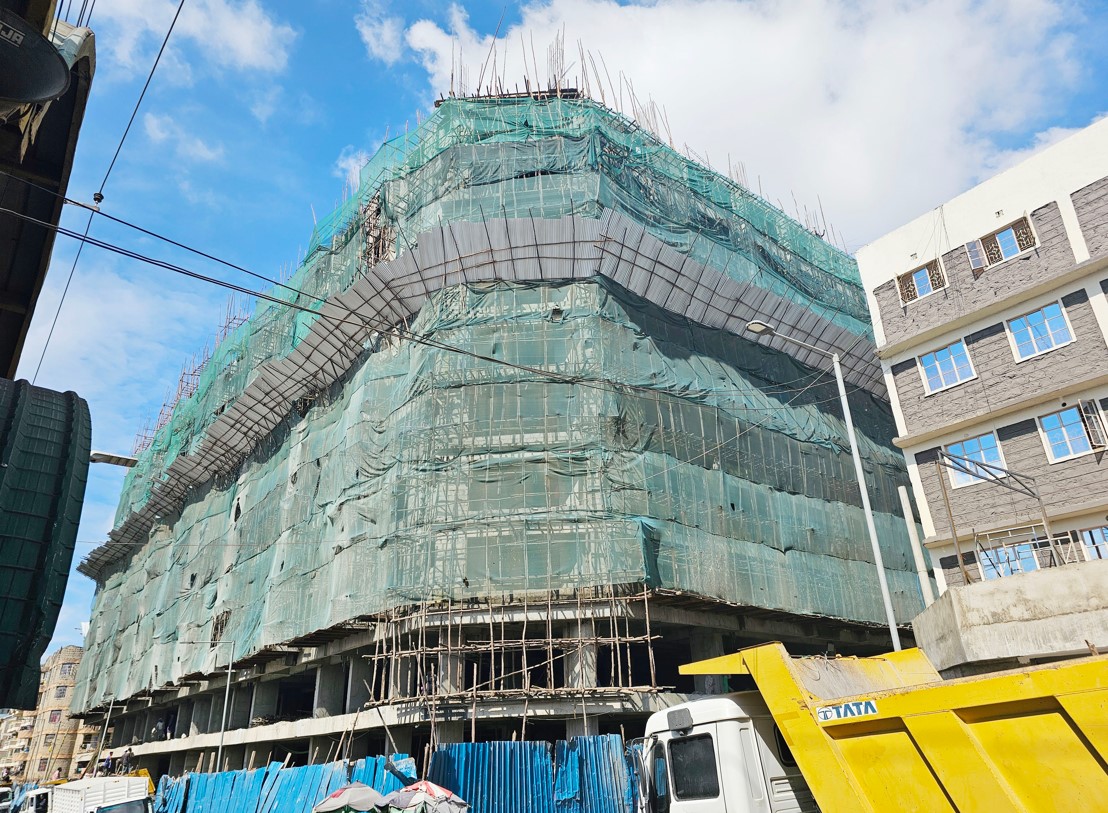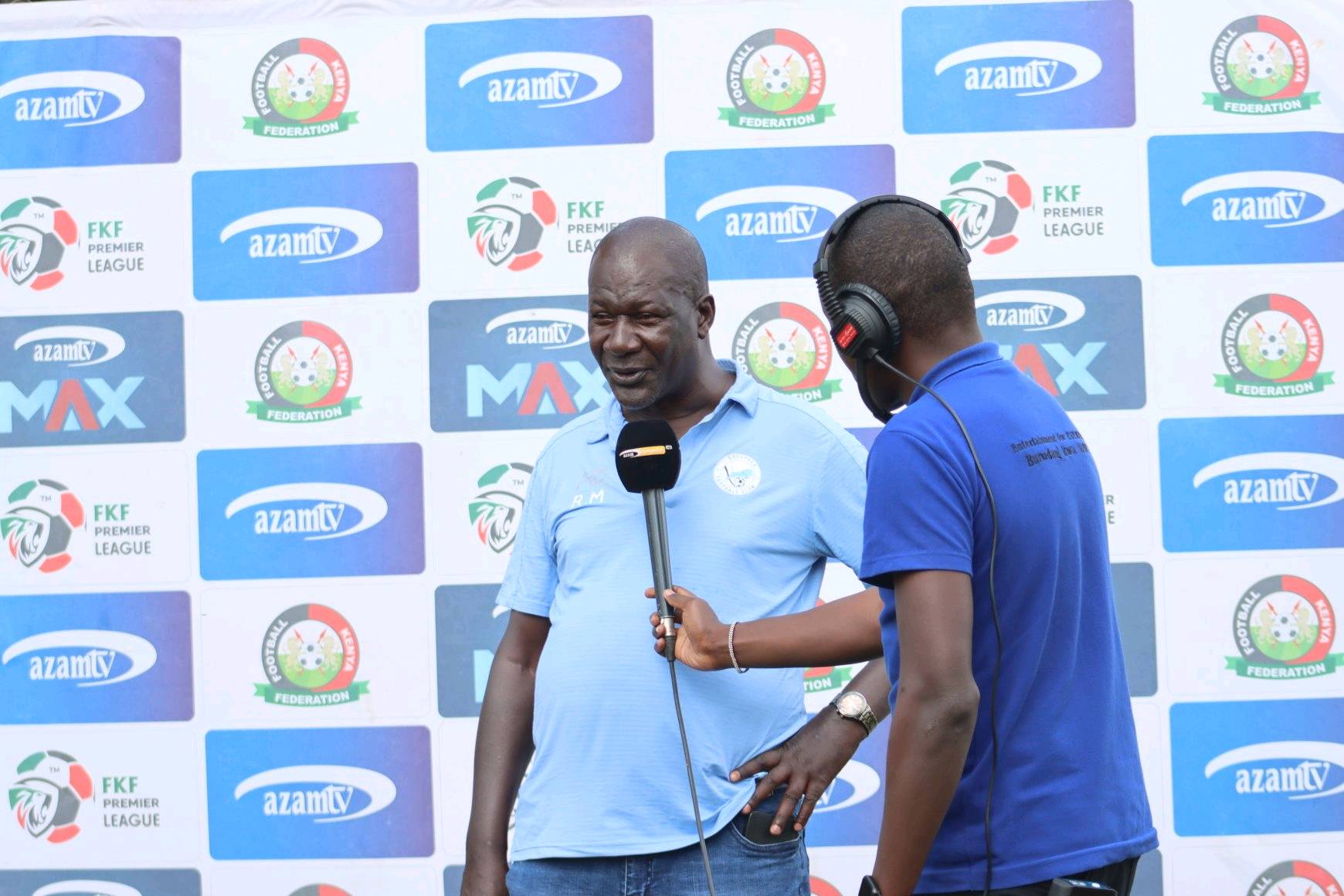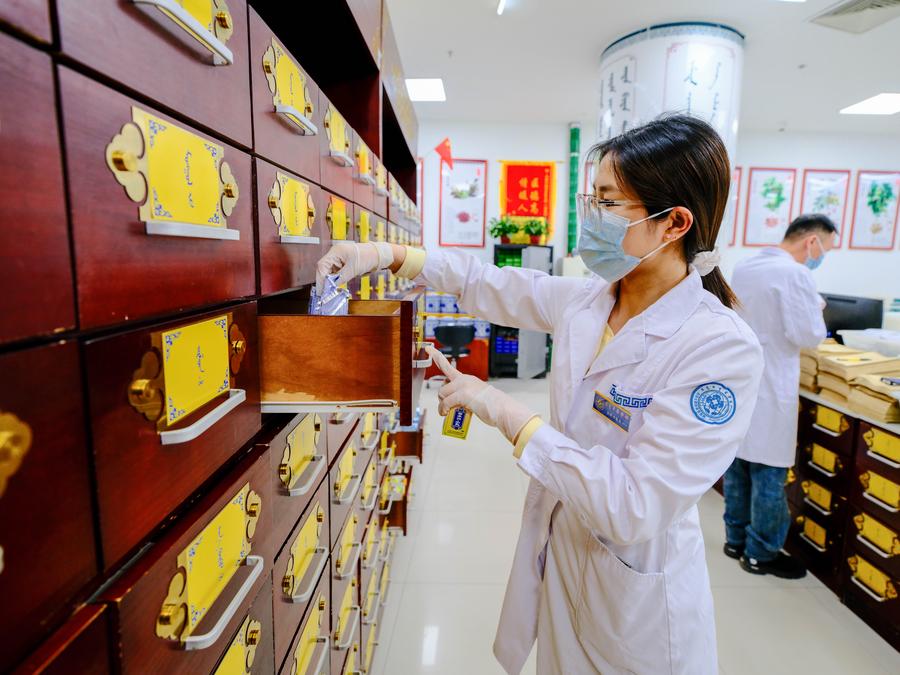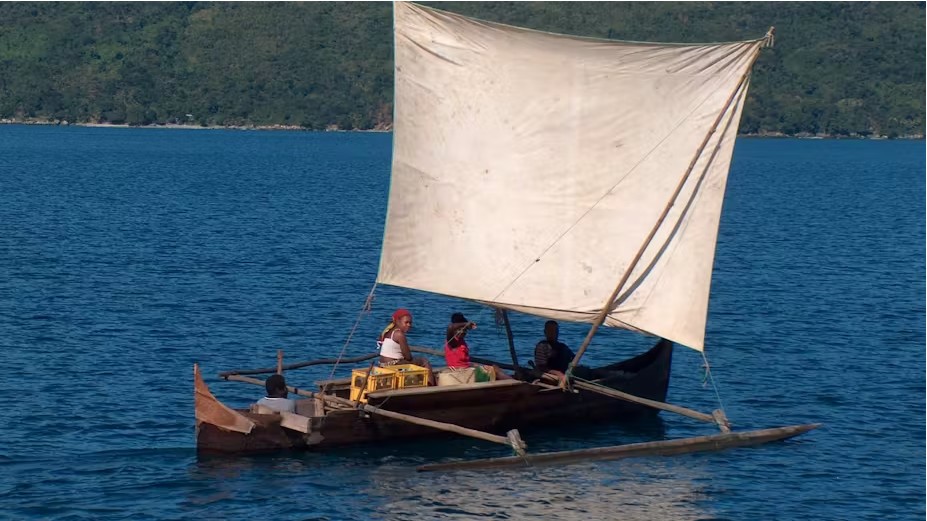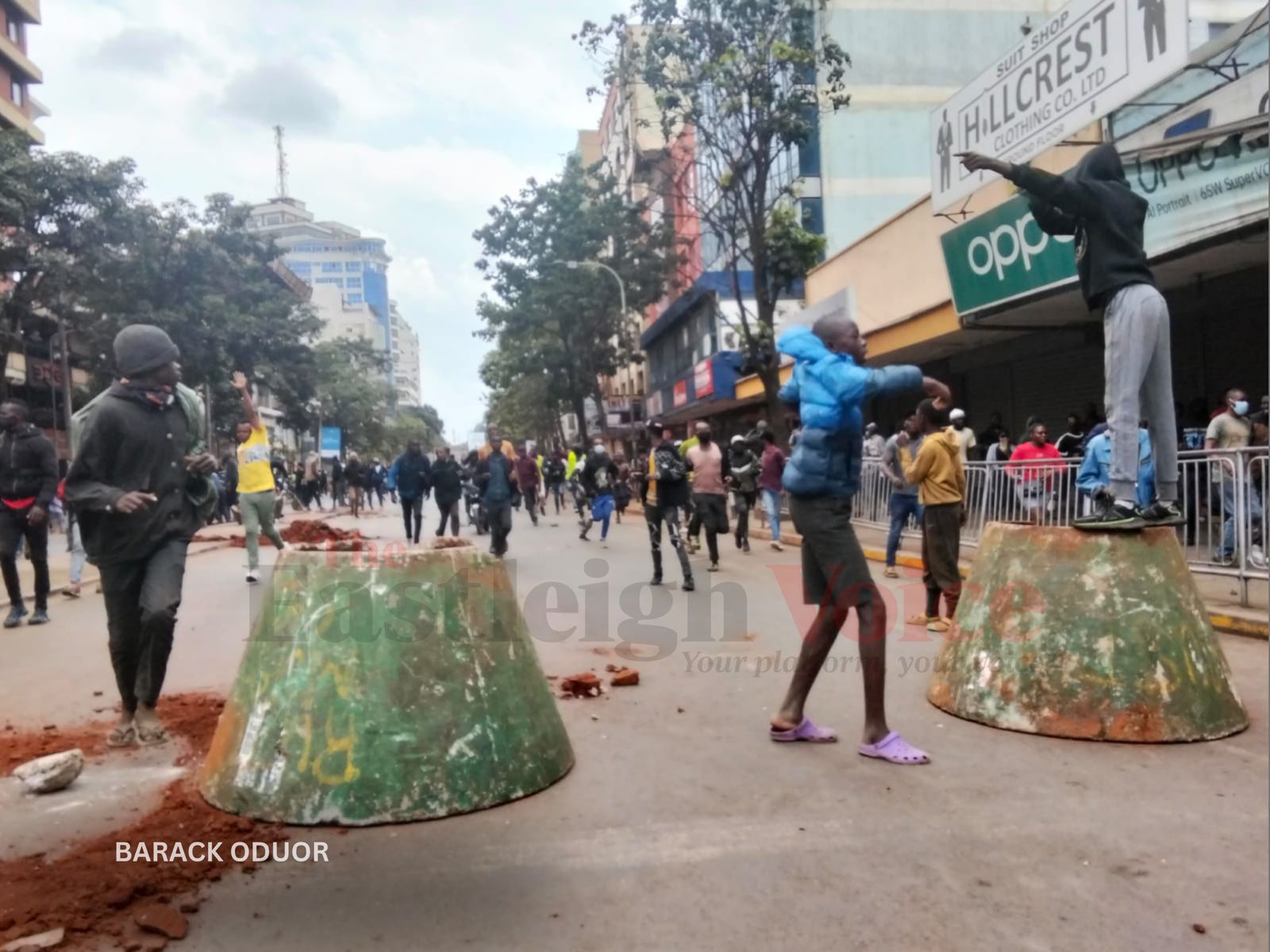Women chamas boost education in Kilifi through community-led projects
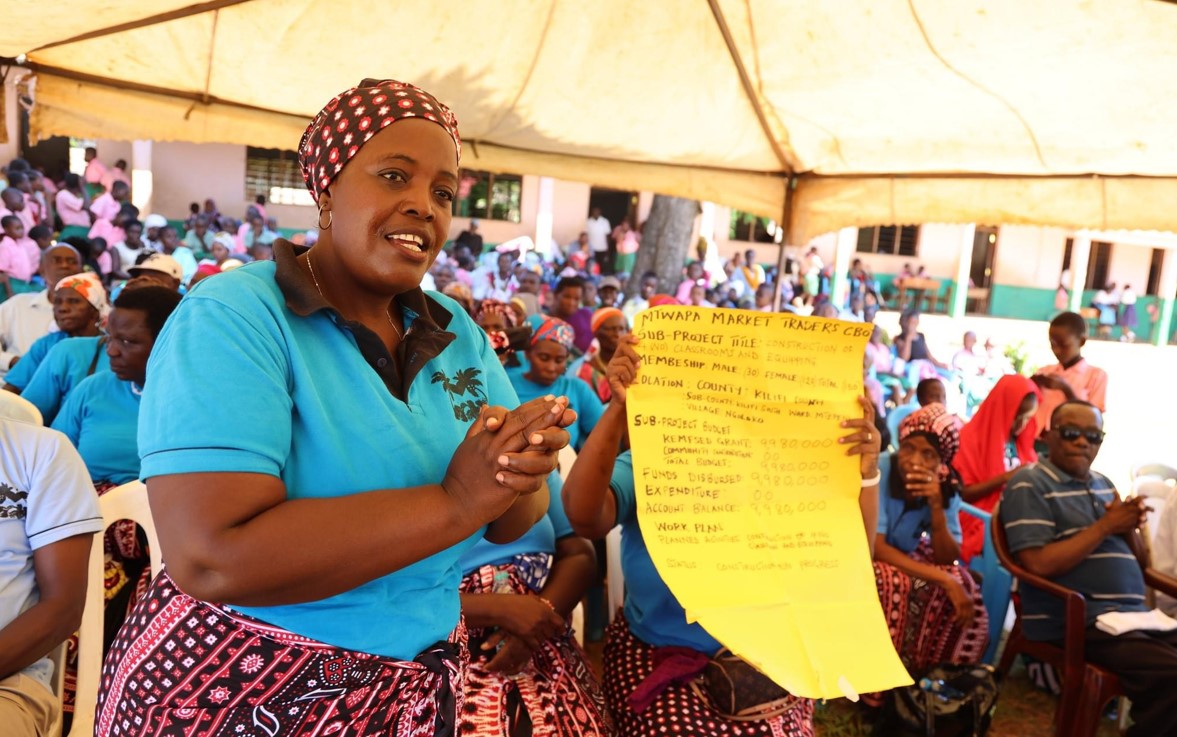
In Kilifi County, women are spearheading transformative changes in the education sector through grassroots efforts and strategic grant acquisitions.
Organised into community groups known as chamas, these women are making significant strides in addressing critical needs within their local schools.
More To Read
- Kilifi residents urged to stay safe as strong winds and high waves threaten coastline
- Kilifi religious leaders unite to tackle early marriage and gender inequality in bold new campaign
- Silent suffering: Kilifi women demand action on misdiagnosed ‘hidden’ disease in reproductive health
- Spike in infant hydrocephalus cases alarms Kilifi doctors amid stigma, treatment gaps
- Improved water and farming support from Red Cross brings joy to Kilifi residents
- Women in Tana River urged to embrace blue economy to improve economic wellbeing
For two years, Kadzo Chengo, a mother residing in Habura Village in Magarini, Kilifi County, faced the daunting task of escorting her two children to school every morning and picking them at noon.
The journey was perilous, with the constant threat of encountering elephants and other wild animals during the one-hour trek.
Reflecting on the challenges, Chengo expressed her fears stating, "It was a daily struggle filled with fear for our children's safety. We had no choice but to accompany them to school and back, despite the risks."
Another parent, Mwachande Juma, echoed Chengo's sentiments, adding, "We could not sit idly by while our children's education was compromised. It was a sacrifice we had to make for their future."
Faced with this dilemma, one parent Matano Kitone Kalu decided to take matters into his own hands. He transformed his mud-walled house into a makeshift classroom, sacrificing his own comfort to provide a safer learning environment for his children and others in the community.
"We realised that waiting for help was not an option. So, I converted a mud-walled house into a classroom, ensuring that our children could receive an education without risking their lives," Kalu explained.
However, the makeshift classroom presented its own set of challenges.
 A photo of a classroom at Habura Village (left) and a photo of the classrooms after Uzima Community CBO group applied for a Sh9.9 million grant. (Photo: Farhiya Hussein)
A photo of a classroom at Habura Village (left) and a photo of the classrooms after Uzima Community CBO group applied for a Sh9.9 million grant. (Photo: Farhiya Hussein)
Crowded and dusty, it often led to children falling ill. Despite this, parents remained grateful for the opportunity it provided.
"We may not have had the ideal learning environment, but it was better than risking our children's lives every day," Chengo said.
Fast forward to today, the Uzima Community Development CBO recognized the need for intervention and successfully applied for a Sh9.9 million grant from Kenya Marine Fisheries and Socio-Economic Development (KEMFSED) projects.
This grant facilitated the construction of three spacious classrooms equipped with essential amenities, including toilets and a rainwater harvesting tank to ensure a sustainable water supply in the semi-arid region.
Impact
The impact of these interventions extends beyond physical infrastructure.
“As parents we now have peace of mind, knowing that our children are learning in a safe environment closer to home. With the number of students increasing to 130 and the teaching staff expanding to three, the community is optimistic about the future of our education in the village,” said Chenga.
The number of children has increased to 130 and teachers to three where two are being paid by the community.
In Mtwapa, Matepeni Ward a group of women traders identified the pressing issue of classroom shortages at Ngoloko Primary School in Matepeni Ward.
With over 600 pupils from pre-school to junior secondary crammed into just nine classrooms, the learning environment was far from optimal.
Determined to make a difference, the Mtwapa Women Traders community-based organization seized the opportunity to apply for a grant from (KEMFSED).
Their efforts paid off as they secured a substantial grant of Sh9.8 million to construct four additional classrooms at Ngoloko Primary School, an ongoing project.
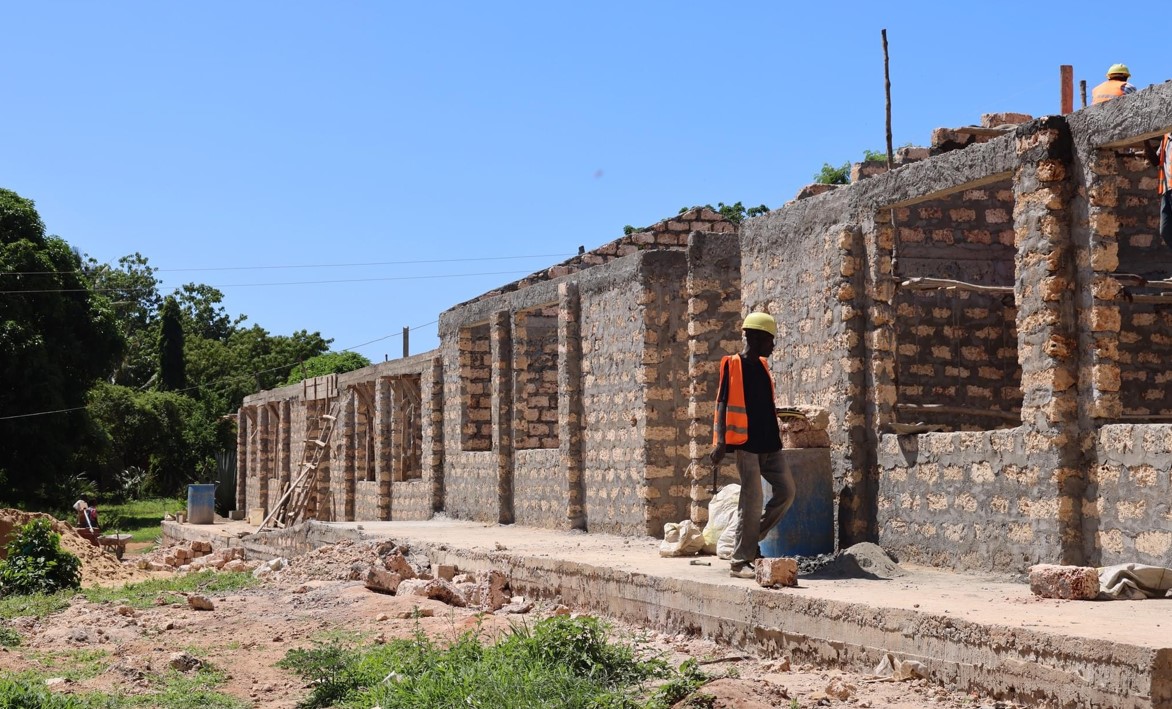 The ongoing construction of classrooms at Ngoloko Primary School. (Photo: Farhiya Hussein)
The ongoing construction of classrooms at Ngoloko Primary School. (Photo: Farhiya Hussein)
Grace Sammy Rasi, the chairperson of the 120-member community-based organisation, expressed her gratitude, stating, “We did not know that ordinary women like us would get such a project that will help our children.”
The initiative will enhance sanitation and water access by installing a 10,000-liter tank for rainwater harvesting and constructing a toilet block.
Since its establishment in 2008, Ngoloko, facing a significant demand for more classrooms, expanded from two to nine classes.
According to KEMFSED, social welfare initiatives receive funding according to the community's needs.
Qualified organisations collaborate with local community bodies to pinpoint projects beneficial to all. These groups submit proposals to KEMFSED, where a county-led team reviews and chooses projects.
Additionally, these projects create employment opportunities for youth and women within the communities.
Top Stories Today
Reader Comments
Trending
